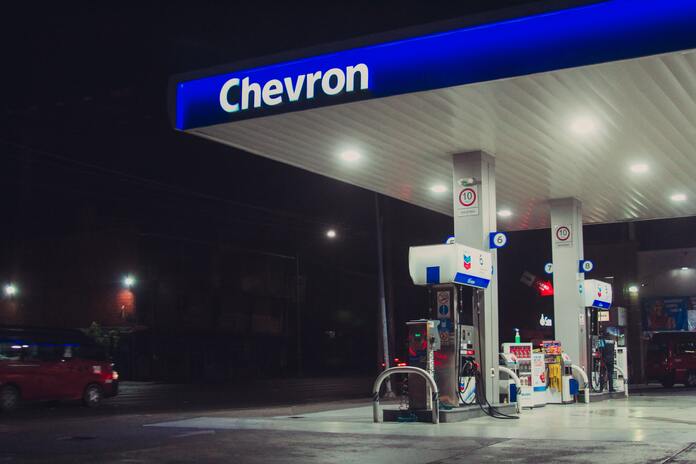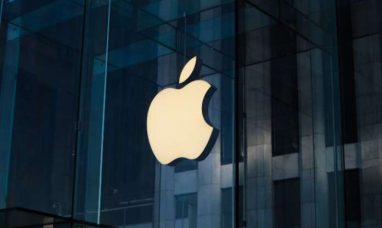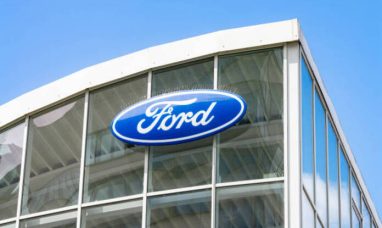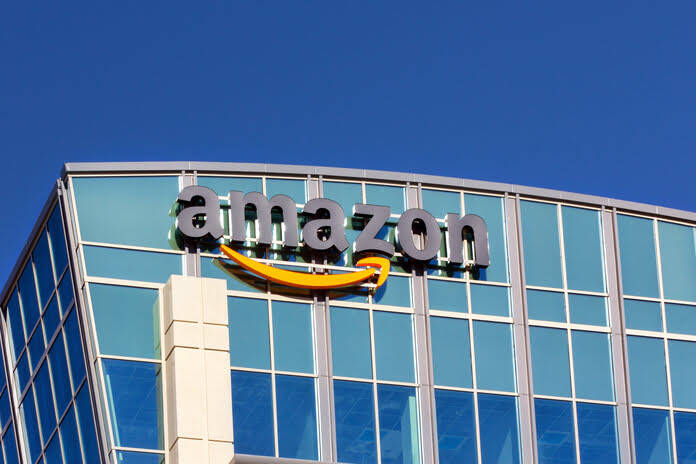Renowned investor Warren Buffett has earned a reputation for making substantial investments in companies he believes hold significant growth potential. Notably, Buffett’s notable stake in Apple (NASDAQ:AAPL) emerged only in 2016, transforming the tech giant into Berkshire Hathaway’s (NYSE:BRK.A) dominant holding, accounting for a staggering 45% of the portfolio and valued at an impressive $164 billion.
This trend has extended to the energy sector, with Chevron Corporation (NYSE:CVX) gradually securing a position in Buffett’s esteemed portfolio. While not initially part of Berkshire’s holdings, Chevron stock has ascended to become one of the top five assets.
Of particular significance is Buffett’s interest in Chevron, especially as the energy sector appears to be regaining momentum. A surge in oil demand projections by Goldman Sachs, coupled with supply reductions from Saudi Arabia and Russia, hints at a potential foundation for supporting oil prices in the near future.
Given this backdrop, it’s worth investigating whether the present moment offers an opportune entry point for investors eyeing Chevron or if more enticing prospects await within the oil sector. Let’s delve into what CVX brings to the table.
Buffett’s Strategic Moves with Chevron
The Oracle of Omaha commenced his accumulation of Chevron shares in the last quarter of 2020. By the conclusion of the year, Berkshire had acquired 48.5 million Chevron shares, equating to a 2.5% stake. Although this initial position underwent some trimming during the first half of 2021, the accumulation resumed in the latter half of the year. During this period, Berkshire procured around 46 million more Chevron shares, amounting to a cumulative investment of approximately $15.1 billion.
This trend extended into the concluding stages of 2022, during which Buffett initiated a reduction in his Chevron stake, coinciding with a downturn in oil demand. Over this period, the average closing price of CVX hovered around $174.51, in contrast to the $80.96 when Buffett initiated his position.
In the first quarter of 2023, Buffett executed the sale of Chevron shares worth $6 billion, constituting around 45% of the total stock sales amounting to $13 billion for that quarter. This move brought Berkshire’s Chevron holdings to approximately 163 million shares (valued at roughly $22 billion), down from the initial 200 million shares at the beginning of the year.
This trend continued into the second quarter, as Buffett further diminished his Chevron stake to under $20 billion ($19.4 billion) by the conclusion of the June quarter. Currently, Berkshire’s portfolio holds 132 million Chevron shares valued at over $21 billion, constituting 5.9% of its holdings.
Financial Weakness
Buffett’s decision to pare down his Chevron exposure this year aligns with a decline in the stock’s price. In 2023, Chevron’s shares experienced a 10% decline, lagging behind the broader equity markets.
The company’s second-quarter results mirrored this underwhelming trend. Chevron’s revenues declined by 29% compared to the previous year, settling at $48.9 billion. While earnings per share (EPS) stood at $3.08, surpassing the consensus estimate of $2.97, this represented a more substantial 47.1% decrease year-over-year. The company attributed this decline to lower commodity prices, reduced upstream realizations, and decreased margins on refined product sales.
This decline in revenue has been consistent since the third quarter of 2022, even though earnings have surpassed estimates in four out of the past five quarters.
Furthermore, free cash flows dwindled to $2.5 billion by the close of the June quarter, plummeting from $10.6 billion in the previous year and $4.2 billion in the prior quarter. Moreover, while total debt showed an absolute reduction to $21.5 billion from the year’s commencement value of $23.3 billion, Chevron’s net debt ratio worsened from 3.3% to 7% over the same period.
However, amidst these challenges, net oil-equivalent production displayed a 2% growth from the preceding year, reaching 2,959 thousand barrels of oil equivalent per day (MBOED). This expansion was attributed to record output in the Permian Basin, where production peaked at 772,000 barrels of oil equivalent per day.
Recent Operational Developments
In May, Chevron announced its acquisition of shale producer PDC Energy for $7.6 billion, aimed at bolstering its US presence. This move is anticipated to contribute positively to free cash flow, with an expected output increase of 260,000 barrels per day from the DJ Basin.
Moreover, Chevron’s Gorgon Stage 2 development in Australia achieved its initial natural gas production milestone, thereby strengthening its foothold in the Asia-Pacific region.
Nevertheless, beyond these achievements, Chevron’s most recent quarterly results did not reveal any significant operational milestones.
Assessing Chevron Stock’s Valuation
Relative to its peers, Chevron’s current valuation appears reasonable, considering key metrics such as price-to-earnings (p/e), price-to-sales (p/s), and price-to-cash flow (p/cf).
While the forward p/e ratio for CVX stands at 12.53, comparable levels are observed for peers such as Shell (NYSE:SHEL) at 12.58 and Exxon Mobil (NYSE:XOM) at 12.05. Notably, BP’s (NYSE:BP) forward p/e ratio is notably lower at 6.10.
In terms of the p/s ratio, Chevron’s value of 1.41 aligns closely with XOM’s 1.21, though it exceeds both SHEL’s (0.59) and BP’s (0.49).
However, the p/cf ratio presents Chevron as slightly more expensive. With a current p/cf ratio of 7.22, Chevron surpasses SHEL (3.15), XOM (6.36), and BP (2.93).
Analyst Insights
Regarding earnings growth, analysts hold a somewhat cautious outlook for Chevron. The consensus projects an EPS decline of 40.5%, 16.1%, and 30.2% for the current quarter, the subsequent quarter, and the full fiscal year 2023, respectively.
Nonetheless, analysts remain cautiously optimistic about Chevron’s stock, giving it an overall rating of “Moderate Buy.” The average target price for the stock is $188.28, indicating a potential upside of approximately 16.8% from its current level. Among the analysts covering the stock, 8 recommend a “Strong Buy,” 2 advise a “Moderate Buy,” and 8 advocate a “Hold.”
Final Assessment
Founded in 1879 and operating in more than 180 countries, Chevron remains a prominent player in the oil and gas sector. The stock also offers an appealing dividend yield of 3.78%, outperforming its rival Exxon and potentially contributing to its appeal for Buffett’s portfolio.
However, the sustained decline in both revenue and profits over recent quarters, coupled with the company’s susceptibility to geopolitical events and the lack of noteworthy operational developments in the most recent quarter, raise doubts about Chevron’s prospects at its current valuation. These concerns parallel Buffett’s decision to reduce his Chevron stake.
In fact, Buffett’s inclination toward rival oil company Occidental Petroleum (NYSE:OXY), which now ranks as Berkshire’s sixth-largest holding just behind Chevron, suggests that while he may not be downsizing his oil and gas sector exposure as a whole, he might be reevaluating Chevron’s position.
Therefore, despite its reasonable valuations, attractive dividend, and positive analyst ratings, I would advise investors to exercise caution when considering an increased position in Chevron stock at its current juncture.
Featured Image: Unsplash
















